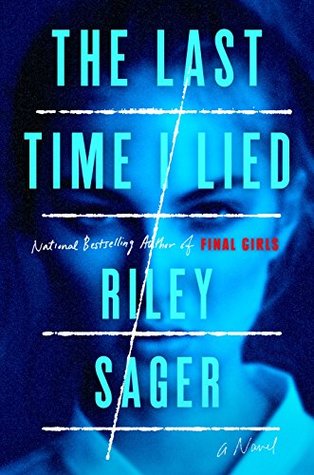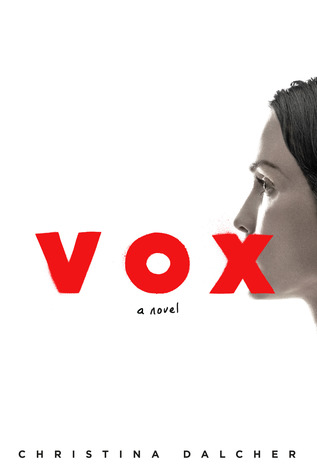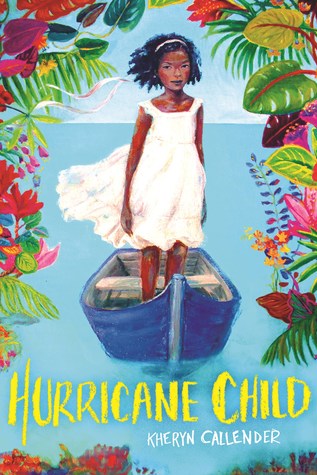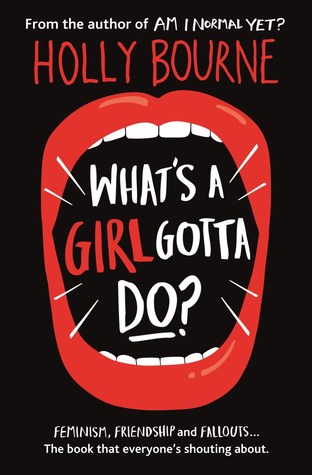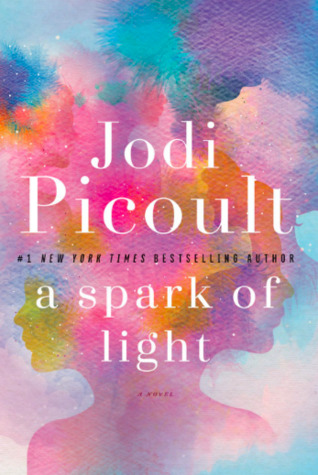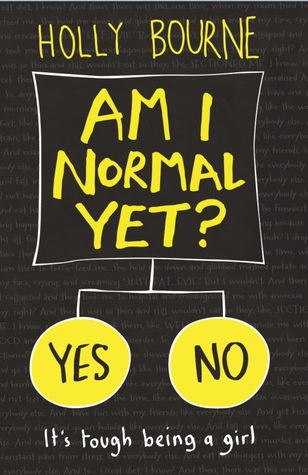To All the Boys I've Loved Before by Jenny Han
What if all the crushes you ever had found out how you felt about them… all at once?
Sixteen-year-old Lara Jean Song keeps her love letters in a hatbox her mother gave her. They aren’t love letters that anyone else wrote for her; these are ones she’s written. One for every boy she’s ever loved—five in all. When she writes, she pours out her heart and soul and says all the things she would never say in real life, because her letters are for her eyes only. Until the day her secret letters are mailed, and suddenly, Lara Jean’s love life goes from imaginary to out of control.
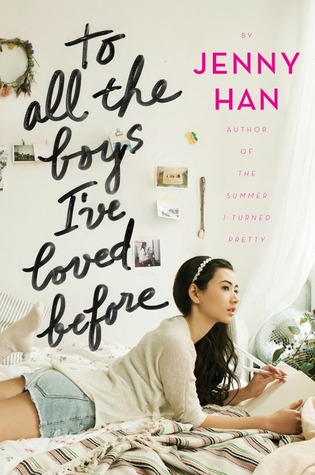
What can I say about this book other than that it is
disappointing because it wasn’t even close to what I was expecting? If you look
at the cover, if you read the book description, all signs point to YA Romance.
But that’s where it gets you: there is no romance.
Some might protest: “Oh no, there’s the romance between Lara
Jean and Peter!” or “Lara Jean and Josh!” But I say, “NO.” This is not romance.
For one thing, a fake relationship does not translate to romance. Even when
Lara Jean and Peter <spoiler>admit that they like each
other</spoiler> that does not really equal romance. And nothing comes of
it anyway. For another, you can’t even count Josh – he’s a periphery and
nothing happens <spoiler>and don’t even count the fact that he surprise kisses
Lara Jean and she sort-of kisses him back before breaking it
off.</spoiler>. NOT ROMANCE.
What this book is really is just a hint, a tease, to get you
to read the next book. The beginning says: buckle up, the characters are
circling each other in a “will they/won’t they”! The middle says: nothing
remotely romantic is happening, only wistful day-dreaming about romantic
things. The end says: PSYCH! No romance, just a could-have-been and now it’s
over, but IS IT???!!!
Now I have to read the next book to see where that takes me
– and to figure out why in bloody heck there’s a THIRD book. Why is this love
story a series? I couldn’t figure it out before I read this book and now I know
why. Because, most likely, the romance won’t happen till somewhere by the end
of the second book, but probably not until the third book. Is it worth the
struggle? I’ll say yes, because this book is a light, easy read.
Proceed with caution if I haven’t warned you off yet: Lara
Jean is not the greatest head to be inside. As if her name weren’t cutesy
enough, Lara Jean is such a “baby girl” that she reads more like a 13 year old.
This is perpetuated by her continuous use of the titles, “Mommy,” and “Daddy,”
for her parents. I’ve never met anyone above the age of 10 who calls their
parents mommy and daddy. It was really freaking weird and I could not get over
it. Lara Jean also has no life – she hangs out with her sister(s) and her dad
and she goes to school. The only other person she sees more is Josh (because he
freaking lives next door!). She has a sort-of girl friend, Chris, but that
doesn’t really count because a) they don’t hang out at school and b) Chris only
pops up every once in a while or calls Lara Jean. They don’t frequently see
each other enough to call them best-friends.
And then, of course, there’s Peter. The “love interest.” I
say it in quotes because <spoiler>their relationship is based on a
contract</spoiler> but also because there is absolutely no chemistry
between Lara Jean and Peter. In fact, Peter is very much still hung up over his
ex-girlfriend throughout the book. Even when he says he likes Lara Jean, I sort
of don’t believe him because I just don’t see any proof of that in the text and
that’s either the author’s fault or Peter is just a really terrible person. But
I think, it’s actually kind of both.
I’m going to go on a side-tangent here (feel free to skip to
the bottom for my final say on this book): Neither Peter, nor Josh, are good
romantic choices for Lara Jean.
I’ll start with Josh because the reason is really short: he’s
her sister’s ex-girlfriend. Even if the author might in future write a scene
where Margot says, “Lara Jean, I really am completely over Josh and I don’t
even care that you and he are in a relationship, in fact, go you! I’m your
biggest fan and supporter,” I would not be down with this relationship. For
one, <spoiler>Margot breaks up with Josh and clearly still has feelings
for him. And he for her. I don’t really buy the whole, “Lara Jean why didn’t
you say something before because actually I love youuuu,” thing. In fact, it
makes Josh an even bigger creep because he seems to be in love with Margot and
Lara Jean interchangeably. If I were Lara Jean (or even Margot, to be honest)
I’d be constantly worried about who Josh is thinking of when he kisses me/does
anything romantic with me</spoiler>. Secondly, Josh and Margot
<spoiler>had sex</spoiler>. If I knew that about my sister and the
guy I have a crush on, I think any feelings would immediately be doused. Just
no.
Now, Peter. First of all, Peter is still into his ex, a girl
he’s on/off dated for all of high school and some of middle. If that doesn’t
spell trouble, I don’t know what does. Secondly, Peter continually treats Lara
Jean badly. He continually makes fun of her, picks fights with her, and has
very little to say positively about her. He’s also extremely vain/selfish, a
fact which Lara Jean CONTINUALLY brings up. If she can see it, I don’t know why
Peter becomes attractive to her because that seems a bit problematic,
especially given her romantic notions. After a certain point in the book, Lara
Jean starts saying, “He’s really not like that,” or “He’s actually a nice guy,”
or something to that effect. What I want to know is, how has she come to this
conclusion? Even though a good percentage of the book is her and Peter hanging
out, I don’t really see him change at all from her initial perception of him:
he’s a bro, he’s vain, etc. Either Han is just not good at showing character
development or she wrote Lara Jean to be just like all the other girls Lara
Jean complains about when in connection to Peter: Peter’s a charmer and he
makes every woman fall in love with him. Which means that no, he’s not actually
nicer than people thought, not as self-involved as everyone thought, he’s just
really good at conning people. I’m leaning towards this one a little bit
because Lara Jean often says things like, “If Peter asks, I’ll probably do it,”
as in, Peter can convince her to do things she normally wouldn’t do. If that’s
how it is, then no – Peter is a terrible choice for a boyfriend.
Final thoughts:
So, ultimately, this book is a giant tease – it hints at
romance, doesn’t deliver, and then expects you to read the next book to find
out. Also, both love interests are terrible and Lara Jean is so babyish it’s
hard to imagine anything romantic happening with her in a way that wouldn’t be
creepy because she seems like a 13 year old. It’s a fast read – mostly because I
kept trying to get to the good part, but it never happened. Will I read the
next one? Probably, because it’ll probably be just as quick. I know I might be
setting myself up for more disappointment, but at least it will be over
quickly. I don’t know who I’d recommend this to.


